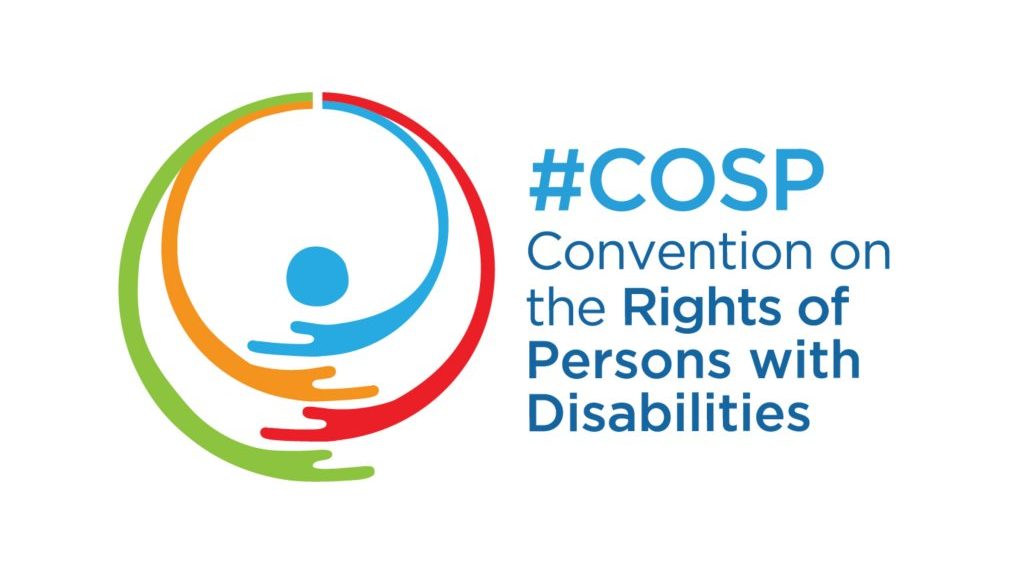Disability advocates demand accelerated action to ensure the rights of persons with disabilities.
New York, 11 June – As more than 1,000 disability leaders and advocates gathers at the United Nations to review progress on implementing the Convention on the Rights of Persons with Disabilities, UN Secretary-General António Guterres announced today that the UN itself was taking additional steps to raise the Organization’s own performance on disability inclusion.
The new United Nations Disability Inclusion Strategy includes a system-wide policy and accountability framework, as well as other implementation modalities that prioritize the rights of persons with disabilities in every aspect of the UN’s work. It will raise the standards of the UN’s efforts on disability inclusion across the UN System and bring about unified and transformative change. Moreover, the Strategy’s accountability framework will monitor progress and make sure that the UN addresses existing challenges and gaps, including through common-system indicators.
In announcing the new disability inclusion strategy, the Secretary-General said, “Disability inclusion is central to the promise of the 2030 Agenda on Sustainable Development. Together, with persons with disabilities as agents of change, we can build an inclusive, accessible and sustainable world.”
The announcement by the Secretary-General came as countries began a three-day Conference of States Parties to the landmark Convention on the Rights of Persons with Disabilities, which provides the legal underpinning for ensuring that people with disabilities can fully participate in society.
Disability leaders have said that more needs to be done to mainstream the disability perspective in legislation, policies and national strategies and are calling on the global community to deliver on the promise of the Convention. The Convention, adopted in 2006, protects and ensures the rights of some one billion people around the world. The new Strategy is a major component in fulfilling the UN’s promise of leaving no one behind and in achieving the sustainable development agenda.
The Strategy was developed through a consultation process that engaged close to 60 UN entities, inter-agency networks, civil society organizations, as well as Member States, and builds on findings of a comprehensive UN System performance review on disability inclusion commissioned by the Secretary-General in 2018.
Conference of State Parties
The Conference, hosted by the UN Department of Economic and Social Affairs, is the largest annual gathering of persons with disabilities at the United Nations. This year’s Conference is held under the theme, ensuring inclusion of persons with disabilities in a changing world through the implementation of the CRPD.
The conference features a general debate, three round-table discussions, an interactive dialogue with the United Nations system, and over 80 side events.
The Conference will discuss such issues as technology, digitalization and ICTs for the empowerment and inclusion of persons with disabilities, social inclusion and the right to the highest attainable standard of health, and inclusion of persons with disabilities in society through participation in cultural life, recreation, leisure and sports.
In addition, the side events will cover a wide variety of issues related to the inclusion of persons with disabilities, such as education, the use of assistive technology, inclusion through sports and women and girls with disabilities. These events will also showcase global, regional and national initiatives for the inclusion of persons with disabilities.
For more information: 12th Session of the Conference of States Parties to the CRPD
See also the recently published UN “Disability and Development Report 2018”
——
The Convention on the Rights of Persons with Disabilities protects the rights of some 1 billion people around the world and is one of the most widely-ratified international human rights treaties, with 178 ratifications since its adoption in 2006.



